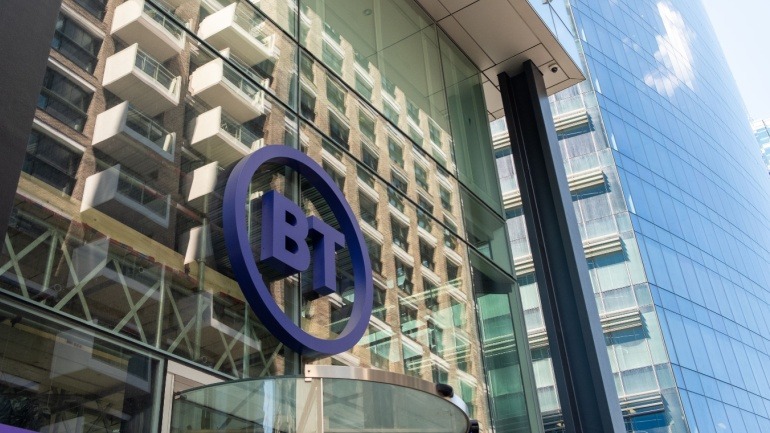The UK‘s prominent mobile operators are facing a challenge with Ofcom regarding the recently suggested modifications to spectrum annual license fees (ALFs). All four operators argue that the proposed fees remain excessively high despite the suggested adjustments.
Recently, Ofcom released statements from the operators after reviewing ALF pricing, originally initiated last summer. The review published its proposals in December for industry comment. These proposals include a 21% reduction in fees for the 900MHz and 1800MHz spectrums and a 12% increase for the 2100MHz band. The regulator expects these changes to collectively save the operators about £40 million annually.
Operators believe that Ofcom employs flawed estimation methods in its pricing model. The regulator estimates the market value of the spectrum, converts it to an annual fee over the license period, and adjusts it yearly with inflation, based on the consumer price index (CPI). Operators argue that these estimations overlook the declining market value of spectrum licenses, impacted by the availability of more spectrum bands and phasing out of older technologies like 3G.
BT criticized the evaluation, indicating that their price was overvalued by £36 million yearly and failed to reflect real market changes. Similarly, Virgin Media O2 highlighted key value drivers like inflation, discount rates, spectrum supply timing, and mobile traffic projections that have altered since 2021.
Vodafone raised concerns about market stability, asserting that the high fees could hinder the government’s growth-focused telecom investments. They stressed the need for a more conservative approach, proposing CPI increases be capped at 4% to aid investment stability.
Three UK took an even bolder stance, urging the abolition of ALFs altogether. They contended that spectrum trading could effectively regulate spectrum allocation to high-value users without requiring ALFs. Despite this, Three UK made similar suggestions for ALF reductions offered by other operators.
The reception of these arguments by Ofcom remains uncertain, yet abolishing ALFs or severing their link to inflation appears improbable. The regulator maintains, “We think it is appropriate to increase ALFs by actual, rather than forecast, inflation such that they remain constant in real terms.”







